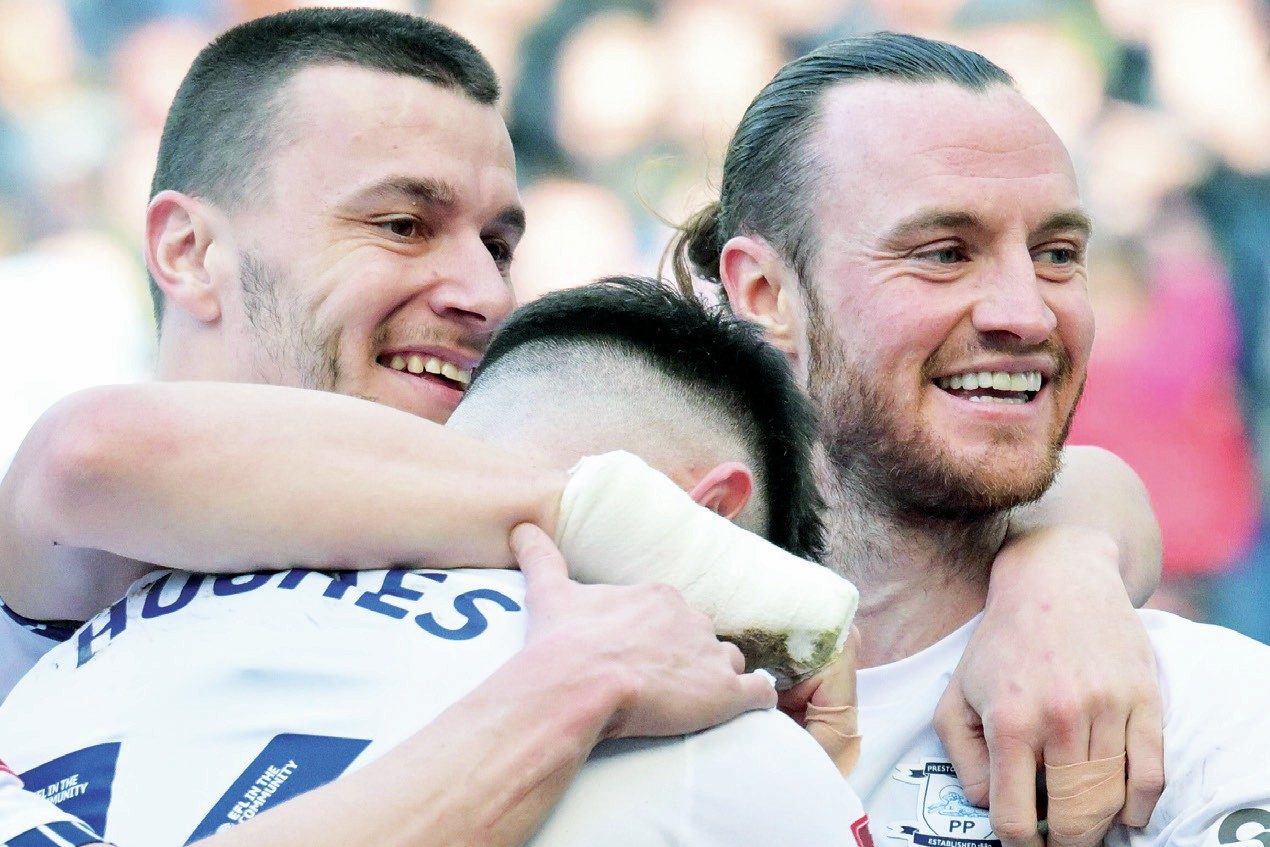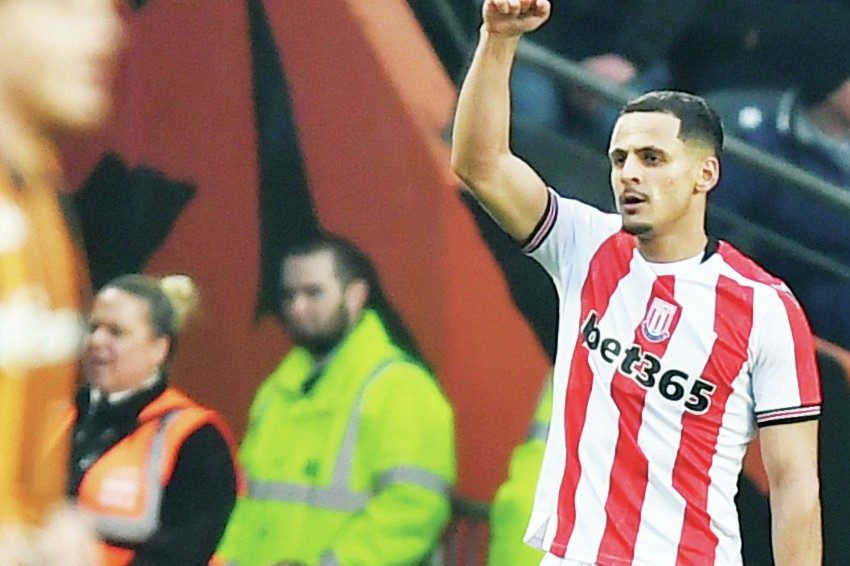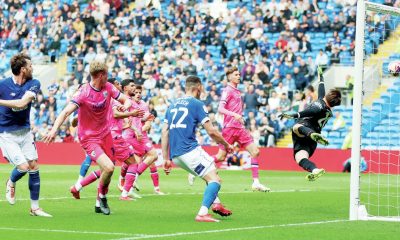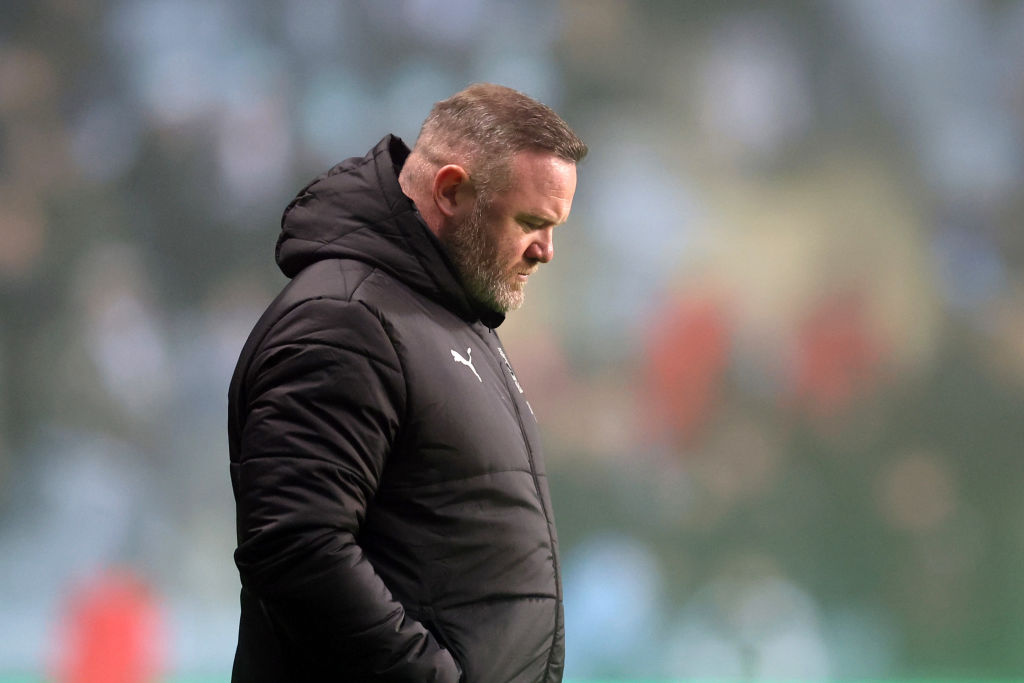SIENA is a beautiful town. Terracotta tiles, winding cobbled streets and a big church tower with spectacular views across the Tuscan countryside. It would, I imagine, be a lovely place to play football. At least, it would if they were paying you.
Back in May, Siena were relegated after a decade in Serie A. That, though, was the least of their troubles.
Banca Monte dei Paschi di Siena, their sponsor and primary backer was caught up in a corruption scandal and cut funding. Wages hadn’t been paid since January. Debt stood at £8m. And all of this came after a six-point deduction for – surprise, surprise – match-fixing. The club was a wreck.
Siena came within a whisker of extinction and not in the sense that, say, Portsmouth were “days from going bust”. In Italy, it really does happen.
Seductive
So why am I telling you this? Well, after a week when the subject of feeder clubs has raised hackles in the Football League, I’d like to know why Premier League clubs don’t try colonising the likes of Siena instead.
The idea of feeder clubs is hugely seductive. As presented by the Premier League, it goes like this:
Manchester United would buy, say, Bury, and send all their young kids to play in League Two. The Shakers would have Manchester United coaches and play Manchester United’s formation.
Then all the lads who currently rot away in reserve teams would play competitive football and return to United ready to slip seamlessly into the first team. More young Englishmen would make the grade, which in turn would win us the World Cup.
Just look, they say, at Spain, where almost every player in the all-conquering national team played for the B-teams of Barca or Real in the second division.
It is plainly a successful system. The flip side, of course, is that feeder clubs cannot play in the top flight. And that would rob fans up and down the country of a dream – that one day their proud little club could mix it with the best.
Ten years ago, Swansea were struggling in the fourth tier. Nobody would have dreamed they could reach the Premier League, let alone play in Europe. Had a Premier League club come calling, they would almost certainly have sold up. With the benefit of hindsight, that would have been a catastrophic error.
The Swans show why it is worth soldiering on. Why the quick buck should be resisted and identity clung to.
But there is a third way. And that way is buying foreign clubs. For a working example, look no further than Watford.
Owned by the same folk who own Udinese and Granada, the three clubs share a pool of around 80 players.
The Hornets currently have Cristian Battochio, Diego Fabbrini (pictured) and Gabriele Angella on their books, all Italy Under-21 internationals who couldn’t get a game for Serie A Udinese.
Now they are getting something arguably better – experience of foreign football in the most competitive division in England.
Of course, unless Watford start shipping players to Italy, that is no use to us. But there is nothing to stop the likes of Chelsea or Man United buying Siena, who could have been acquired for 20p and a couple of Mars Bars in May.
The £8m debt was paid off by parachute money. The annual wage bill of an entire Serie B squad is less than Wayne Rooney’s salary. It is, in other words, cheaper than buying a single superstar.
Wouldn’t you love to see the likes of Nathaniel Chalobah and Josh McEachran playing Spanish or Italian football?
earning to play a warm-climate game based on technique and tactical awareness, getting savvy with the habits of future international opponents. It has to be more productive than endless loan spells.
If the Premier League really wanted to develop English players, that’s what they would do. It’s obvious.
By pursuing the idea of feeder clubs in England, they are once again proving that they want nothing more than a nearby nursery that further dilutes the competition from below.
NO SPARK, NO FLAIR. NOT MUCH HOPE FOR CHARLTON
CHRIS Powell looked genuinely gutted at the end of last week’s limp 1-0 defeat at home to Millwall.
At least, I think he was gutted. It could have been despair, or maybe terror. Because he knows relegation fodder when he sees it.
If they play like that every week, Charlton are going down. Even if they play a lot better, they’re still going down. Millwall didn’t even park the bus and the Addicks got nowhere near their goal.
Take Yann Kermorgant out of the side and Charlton have no spark, no flair, no player who can pick a lock or leave a defender on his backside.
That is not Powell’s fault. This summer, seven players were released and only two procured, both on frees. The majority of the squad have contracts that expire within a year. New offers are hardly flying in.
Charlton, it seems, have a board either unwilling or incapable of financing Championship football.
It appears they want to focus on youth development, bringing through the likes of 19-year-old Joe Piggott, who made his first start on Saturday. That is admirable and may pay off long-term.
But right now, Charlton need quality, not potential. Without a striker and a playmaker, it is hard to see where goals are coming from.
If Powell is allowed to get one or both in January, the Addicks should be OK. If not, a return to League One is inevitable.
DOUGIE’S BATTLING WITH A TEAM OF LOSERS
BOLTON have a great squad on paper. Then again, they had a great squad on paper last year too. What the 
And I don’t mean the boardroom. I mean the players’ heads. Manager Dougie Freedman is still talking about confidence. His mantra is: “One win and away we go”.
In a sense, I agree that the issue is mental. But unlike Freedman, I think his players simply aren’t up for a scrap. Too many came from the Premier League. Too many still want to be there. They aren’t willing to slum it and battle for points with the likes of Doncaster and Barnsley.
Just look at the way they gave up the ghost against Brighton last week, shipping three goals in under five minutes.
In 14 months of Championship football, the only thing that ever got them going was the arrival of a new manager – the traditional kick up the backside that sparks complacent players into action. Now Freedman has been around a while, the old habits have crept back in.
When Harry Redknapp was relegated with QPR, he immediately set about signing players who knew the score – Charlie Austin, Gary O’Neill, Karl Henry.
Freedman may not have the same resources, but I’m sure come January he will look to do something similar. He has to, because after eight games without a win, the current crop clearly aren’t up to it.















